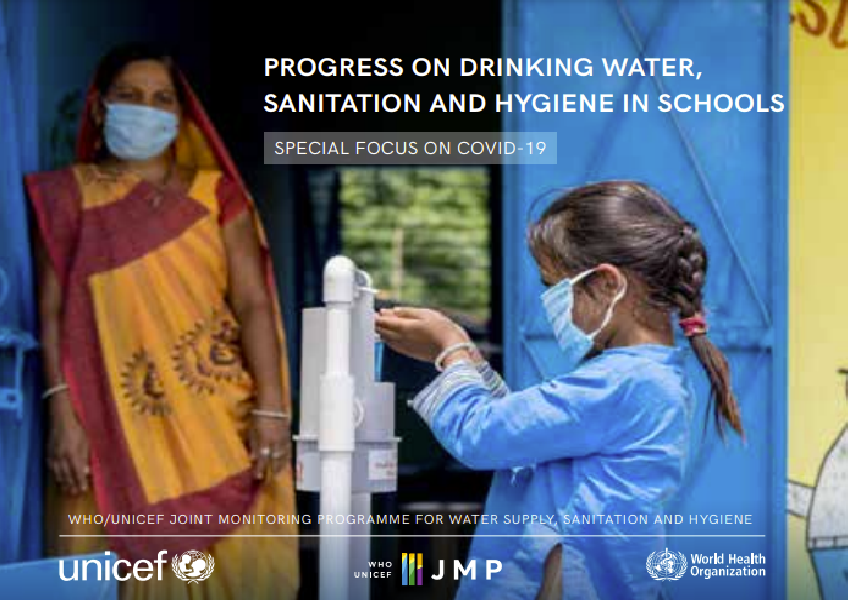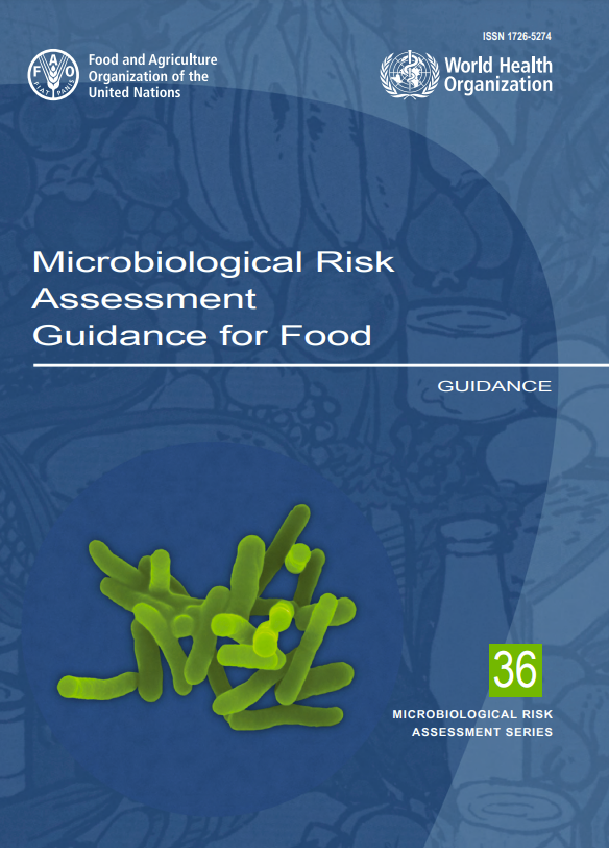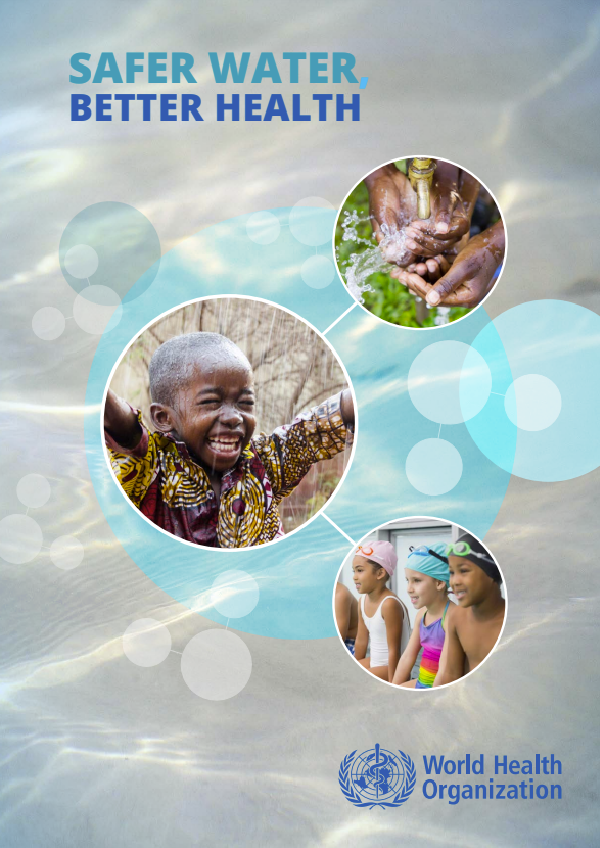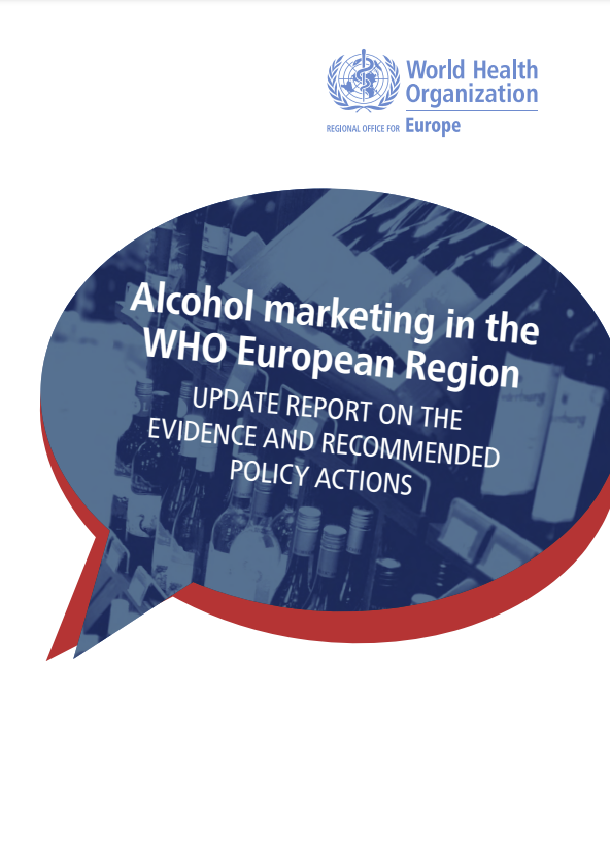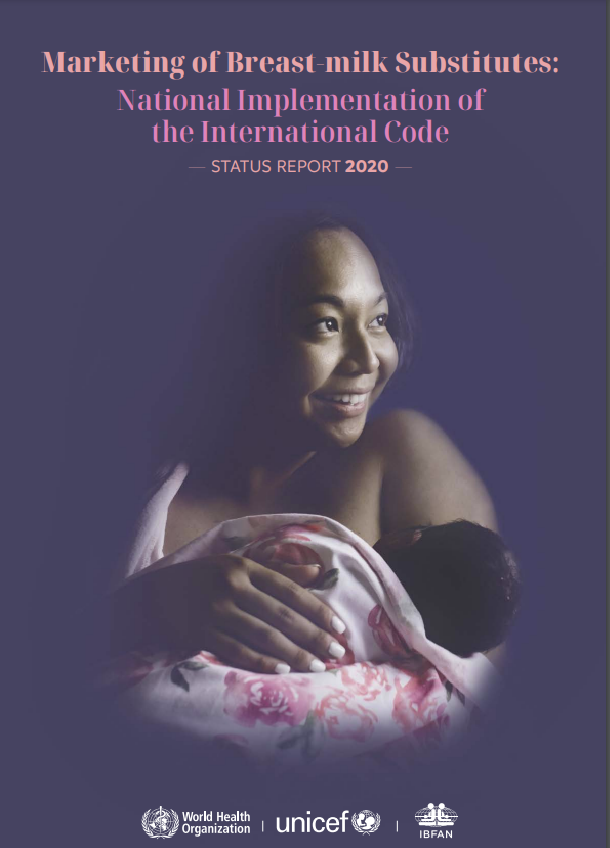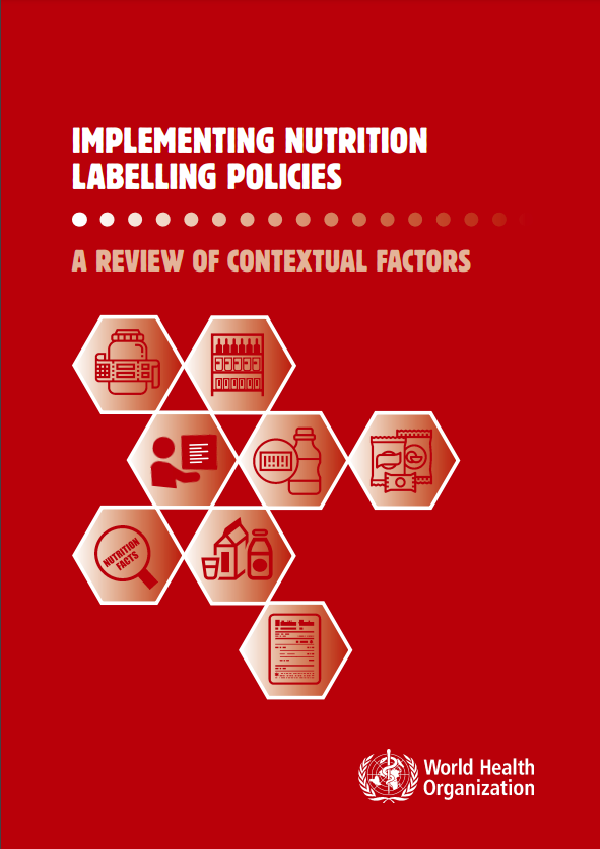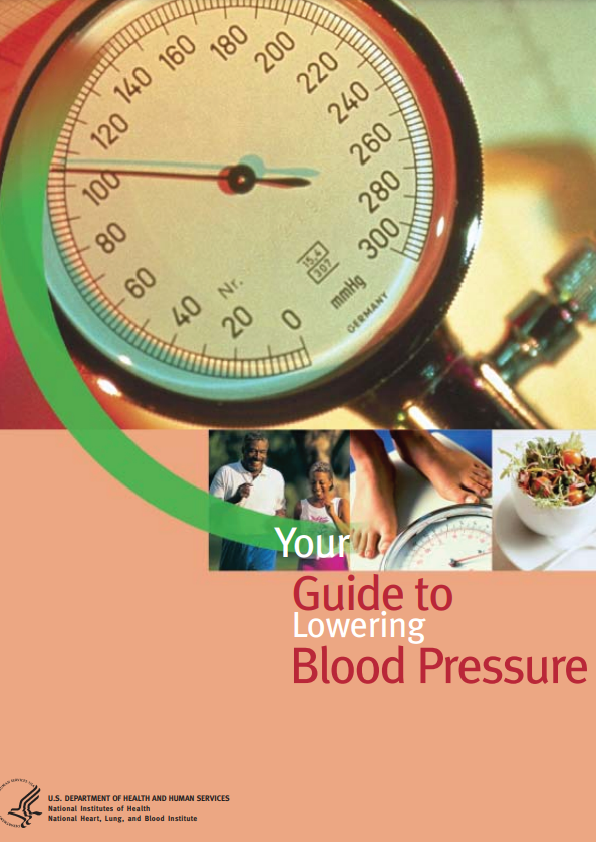The report provides updated estimates for drinking water, sanitation and hygiene in schools including progress from 2015 to 2019. It highlights the rapid improvement needed to ensure students have access to handwashing facilities with soap and water during the COVID-19 pandemic, and to meet associated SDG targets by 2030.
2030 vision for WASH in Schools
The 2030 Agenda for Sustainable Development is described as a plan of action for people, planet and prosperity. This ambitious universal agenda commits all United Nations (UN) Member States to take bold and transformative steps to ‘shift the world onto a sustainable and resilient path’ and ‘leave no one behind’. The Sustainable Development Goals (SDGs) seek to balance social, economic and environmental dimensions of development and include several global targets and indicators related to drinking water, sanitation and hygiene (WASH) in schools (). Goal 6 aims to ‘ensure availability and sustainable management of water and sanitation for all’ and includes targets for universal access to safe drinking water (6.1), sanitation and hygiene (6.2) for all.
Universal access’ implies all settings (including households, schools, health care facilities, work and public places), and ‘for all’ implies services that are suitable for people of all genders and all ages, including people living with disabilities and those in vulnerable situations
Goal 4 aims to ‘ensure inclusive and quality education for all and promote lifelong learning’ and includes targets to build and upgrade education facilities that are child, disability and gender sensitive and provide safe and effective learning environments for all (4.a). This includes providing all schools with access to electricity, computers, the internet, adapted infrastructure and materials for students with disabilities, and basic WASH services.
The 2030 Agenda states that the global goals and targets are aspirational. Governments are therefore expected to localize them and set their own national targets for WASH in schools. These should be guided by the global level of ambition and by existing international commitments (including the human rights to education and to safe water and sanitation), and take into account national circumstances. To ensure ‘no one is left behind’, governments are also expected to establish mechanisms to identify the most relevant dimensions of inequality in access to WASH in schools and to monitor progress among disadvantaged groups.
Accelerating progress in response to COVID-19
The coronavirus disease 2019 (COVID-19) pandemic has triggered an unprecedented global health and economic crisis, which has affected all countries.
In the 2020 SDG progress report4 , the UN Secretary General warns that the pandemic ‘imperils progress’ towards the SDGs and urges that ‘recent gains are protected as much as possible and a truly transformative recovery from COVID-19 is pursued, one that reduces risk to future crises and brings much closer the inclusive and sustainable development required to meet the goals of the 2030 Agenda and the Paris Agreement on Climate Change’.
The global response to COVID-19 has also underlined the importance of WASH, especially hygiene, in households, schools and health care facilities for reducing the transmission of infectious diseases and protecting global health. In June 2020, the World Health Organization (WHO) and the United Nations Children’s Fund (UNICEF) launched a new global initiative ‘Hand Hygiene for All’ which aims to scale up hand hygiene in response to COVID-19 and seize the opportunity to build back better, establishing and sustaining a culture of hygiene across all levels of government and society.
Governments seeking to control the spread of COVID-19 must balance the risks to public health with the social and economic impacts of lockdown measures. Schools around the world have been closed to reduce transmission, but prolonged school closures will have negative impacts on children’s safety, wellbeing and learning. Access to WASH services is essential for effective infection prevention and control in schools and a major focus of government strategies for the safe reopening and operation of schools during the ongoing global pandemic.
